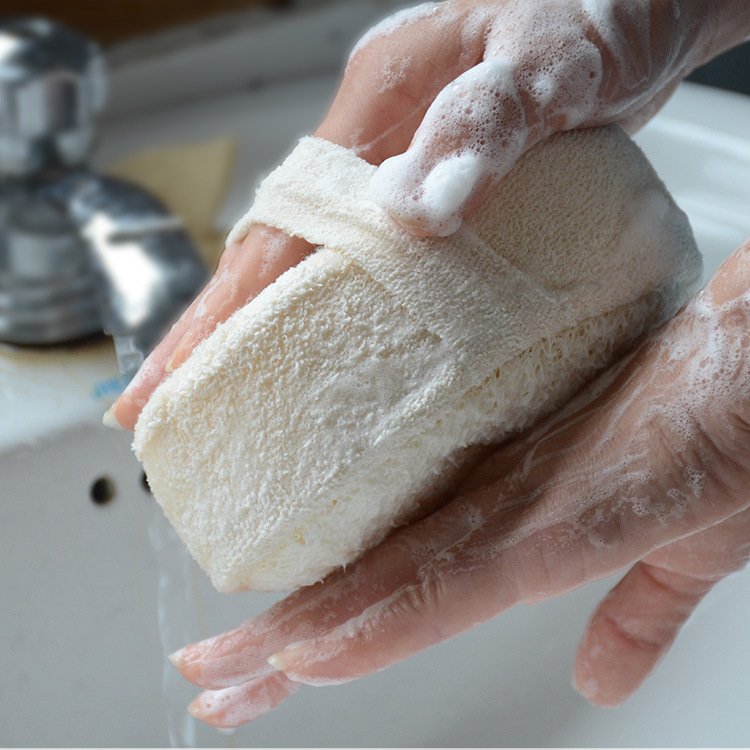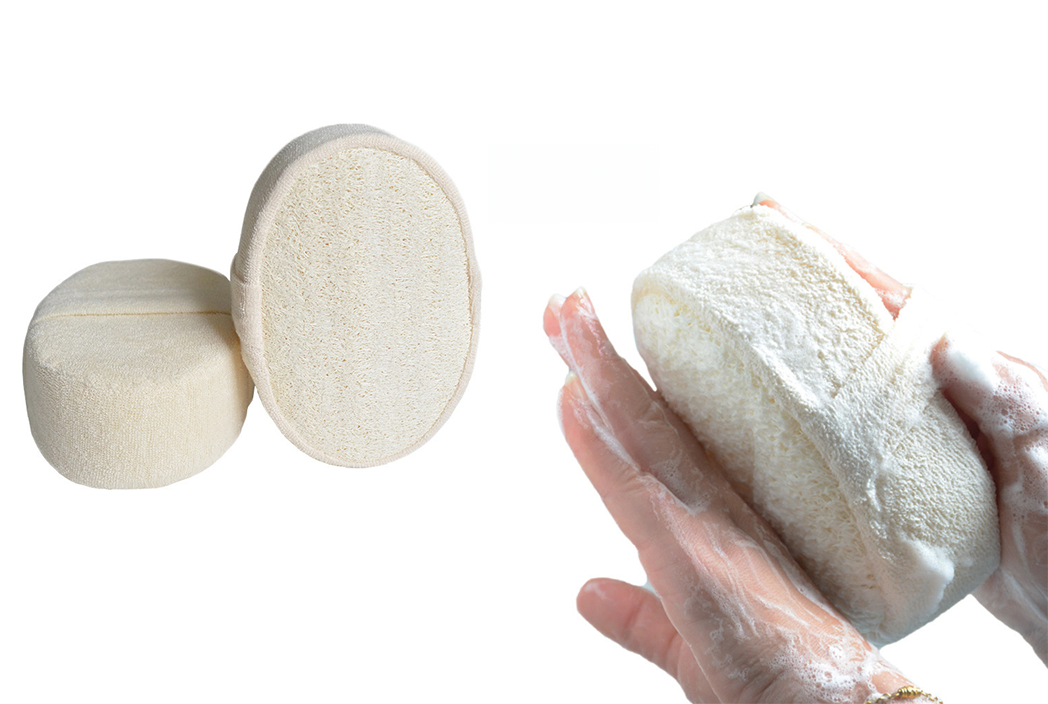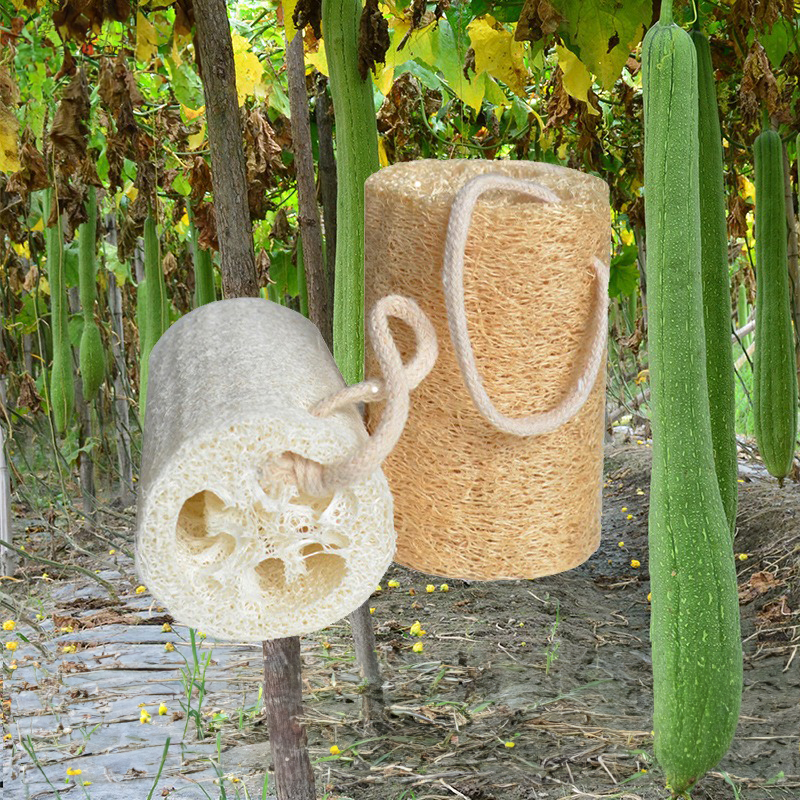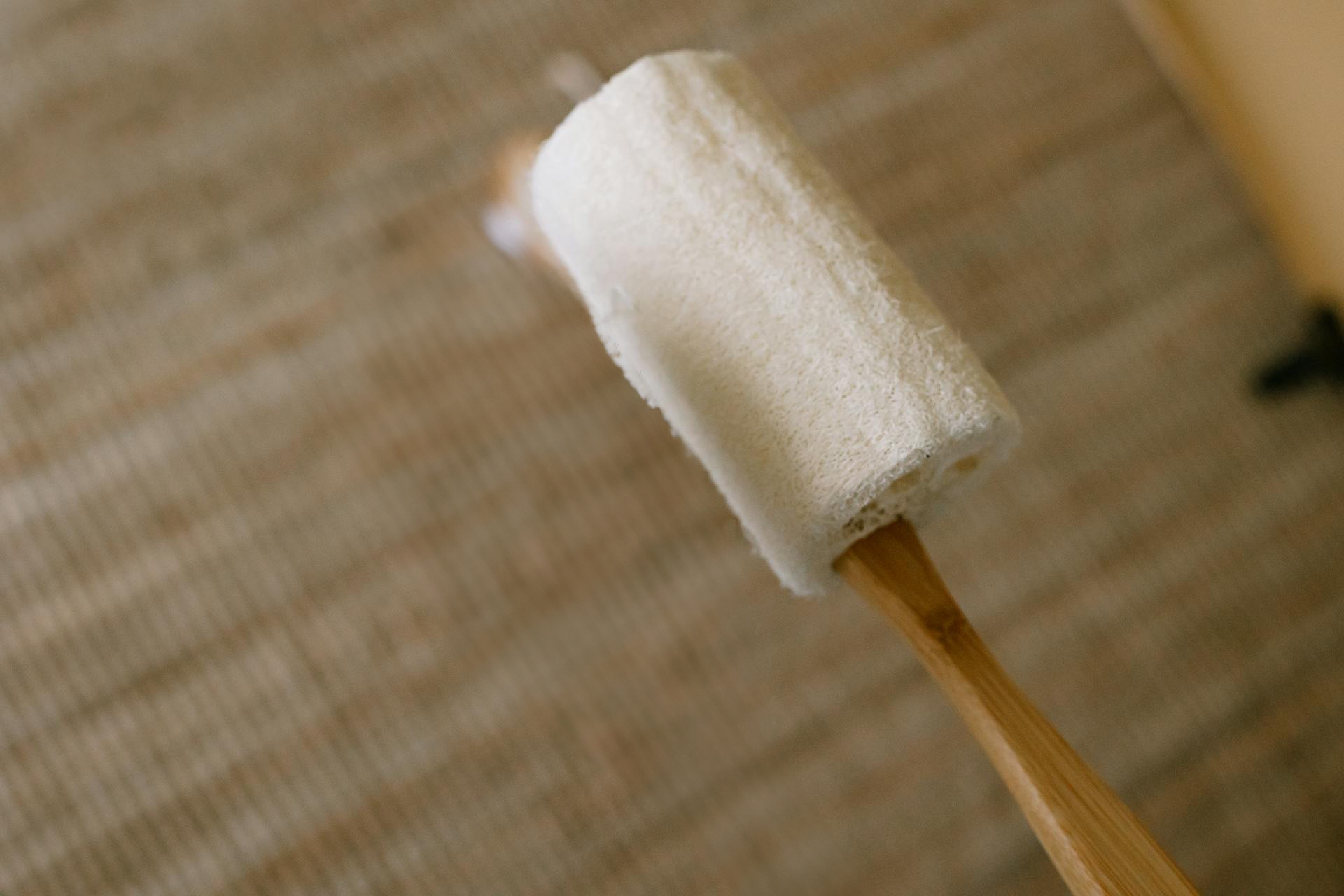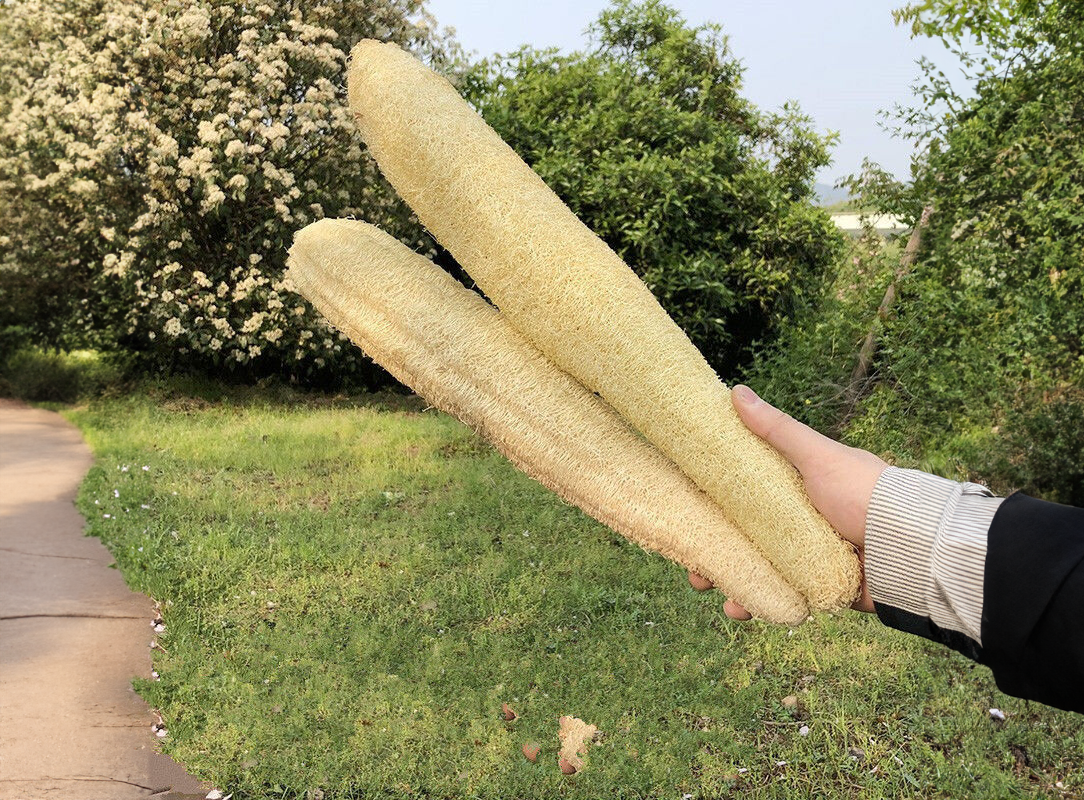Introduction In recent years, the demand for sustainable home products has skyrocketed, leading to a significant interest in biodegradable kitchen scrub pads. As consumers become more environmentally conscious, the traditional reusable kitchen sponge is undergoing a transformation. This article delves into the world of eco-friendly kitchen scrubbers, examining their viability, benefits, and availability.
Reusable Kitchen Sponge: A Sustainable Alternative The reusable kitchen sponge has emerged as a popular choice among eco-conscious consumers. These sponges, unlike their disposable counterparts, can be used multiple times, reducing waste. However, not all reusable sponges are created equal. The material composition and manufacturing process play a crucial role in determining their environmental impact.
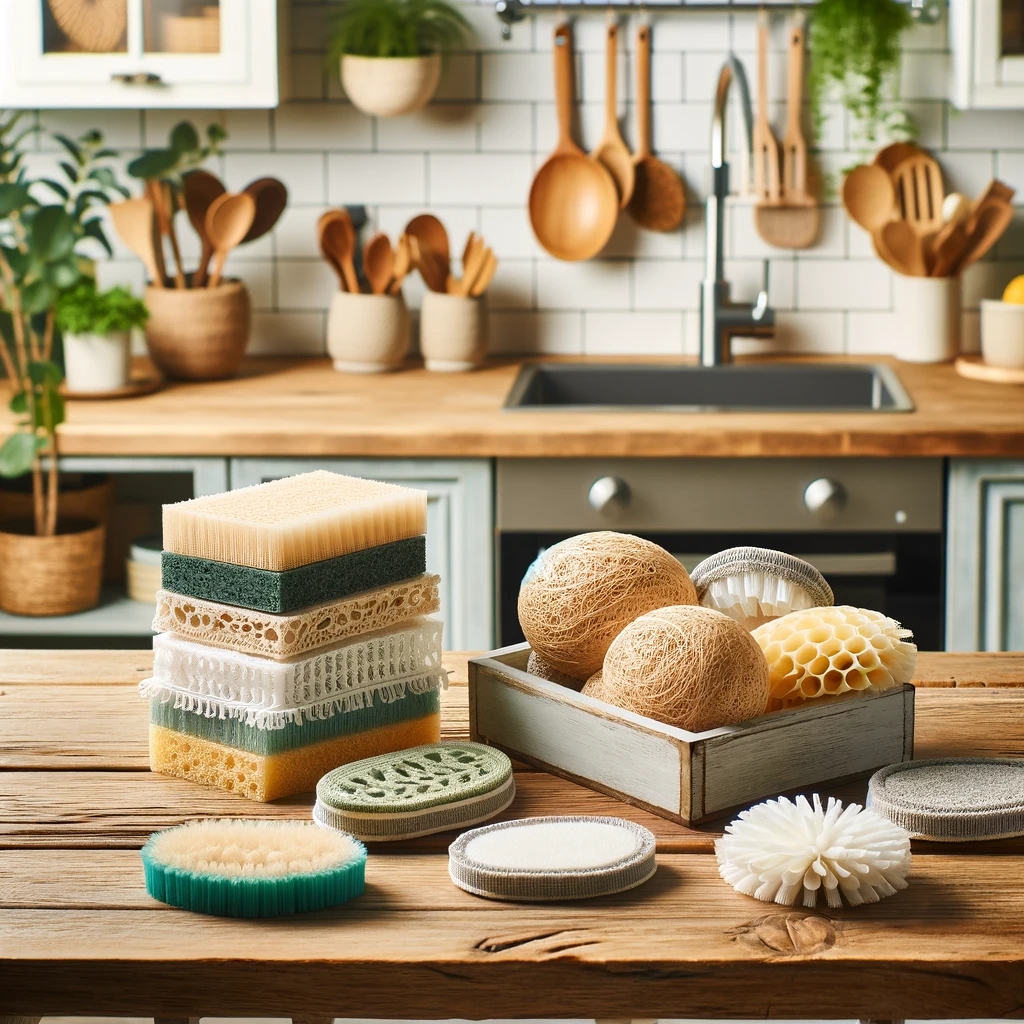
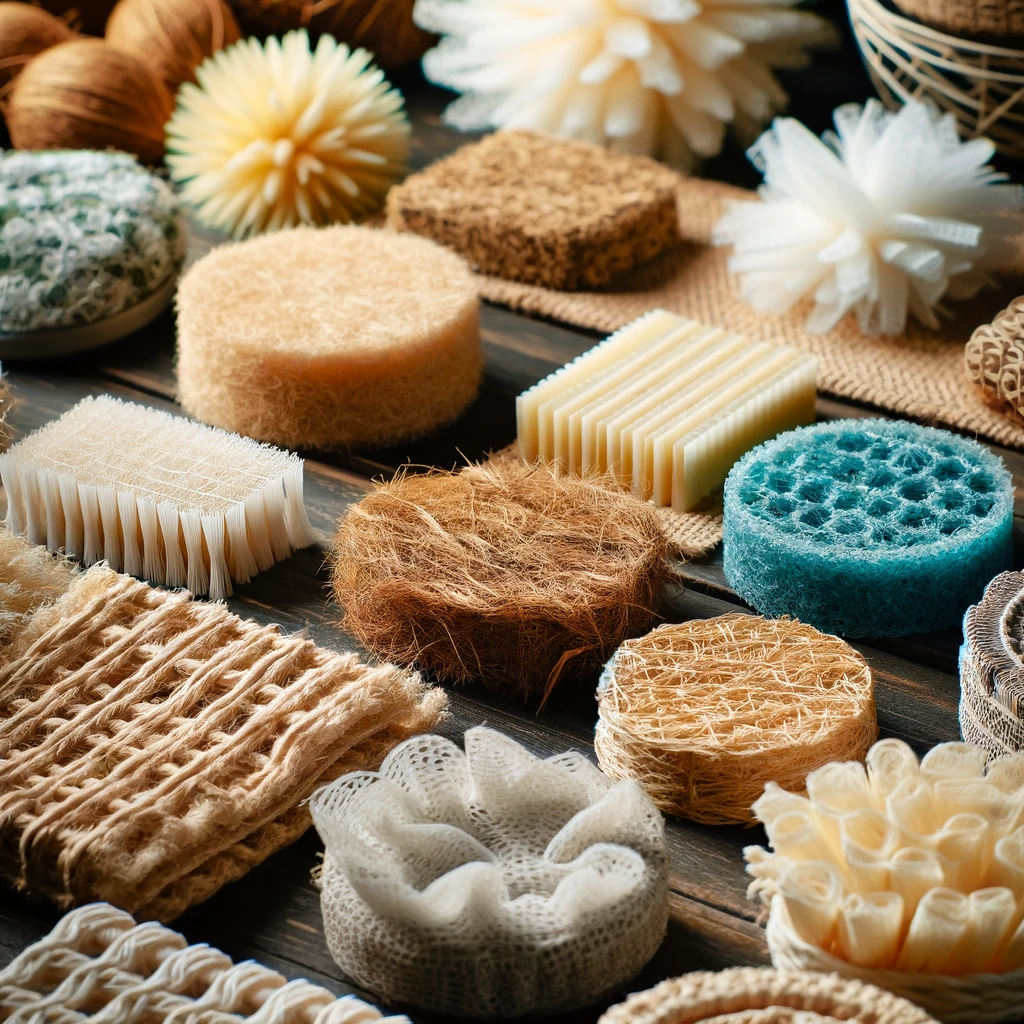
Biodegradable Kitchen Scrub Pads: The New Wave The evolution of kitchen scrub pads has led to the development of biodegradable options. These eco-friendly alternatives are made from natural materials like coconut fibers, loofah, and cellulose, which decompose naturally. Biodegradable kitchen scrub pads offer a guilt-free cleaning experience, as they leave minimal environmental footprint compared to traditional synthetic sponges.
Comparative Analysis: Traditional vs. Eco-Friendly Kitchen Scrubbers When comparing traditional kitchen scrub pads with their biodegradable counterparts, several factors come into play. Traditional reusable kitchen sponges are often made of synthetic materials that take years to break down. In contrast, biodegradable scrub pads decompose quickly after disposal, reducing landfill waste. Moreover, many eco-friendly options are equally effective in cleaning, if not more, than their traditional counterparts.
Market Trends: Consumer Preference for Sustainable Kitchen Tools The market for reusable kitchen sponges and eco-friendly scrub pads is growing rapidly. Statistics show an increasing consumer shift towards sustainable household products. This trend is driven by a growing awareness of environmental issues and a desire to reduce personal carbon footprints. As a result, more companies are offering innovative solutions like compostable kitchen scrub pads, aligning with this demand.
FAQ Section
What materials are biodegradable kitchen scrub pads made of?
Biodegradable scrub pads are typically made from natural materials like coconut coir, sisal, and bamboo fibers.How long do reusable kitchen sponges last compared to biodegradable ones?
The lifespan of a reusable kitchen sponge varies based on material and usage, but generally, they can last several months. Biodegradable options also offer a considerable lifespan while ensuring eco-friendliness.Can biodegradable kitchen scrub pads effectively clean tough stains?
Yes, many biodegradable scrub pads are designed to tackle tough stains and grease effectively, similar to traditional synthetic sponges.
Environmental Impact and Sustainability The environmental impact of switching to biodegradable kitchen scrub pads is significant. Traditional reusable kitchen sponges often end up in landfills, contributing to the accumulation of non-biodegradable waste. In contrast, biodegradable scrub pads, being compostable, offer an environmentally friendly disposal option. This shift not only helps in reducing landfill waste but also promotes a sustainable cycle of usage and decomposition.
Health and Safety Considerations Another aspect of kitchen scrub pads is their impact on health and safety. Traditional sponges can become breeding grounds for bacteria if not properly maintained. Reusable kitchen sponges made from natural materials can offer a safer alternative, as many possess antibacterial properties. Additionally, biodegradable options often come free of harmful chemicals and toxins, making them safer for both the user and the environment.
Innovation in Kitchen Scrubbing Solutions The market is seeing a surge in innovative designs for kitchen scrub pads. From ergonomically designed reusable kitchen sponges to scrubbers with integrated soap dispensers, the options are expanding. These innovations aim to enhance user experience while maintaining an eco-friendly approach. Such advancements are not only appealing to the consumer but also contribute to a more sustainable kitchen routine.
Cost-Effectiveness and Long-Term Savings While biodegradable kitchen scrub pads may have a higher initial cost compared to traditional sponges, they offer long-term savings. Reusable kitchen sponges that are durable and long-lasting reduce the frequency of replacement. Furthermore, by reducing waste, consumers contribute to a larger economic benefit by lessening the environmental cleanup and waste management costs.
Conclusion The shift towards biodegradable kitchen scrub pads reflects a growing awareness and responsibility towards our environment. These eco-friendly alternatives are not only effective in cleaning but also contribute to a healthier, safer, and more sustainable lifestyle. As the market continues to evolve, it is likely that more innovative and environmentally conscious solutions will emerge, further revolutionizing our daily kitchen routines.


